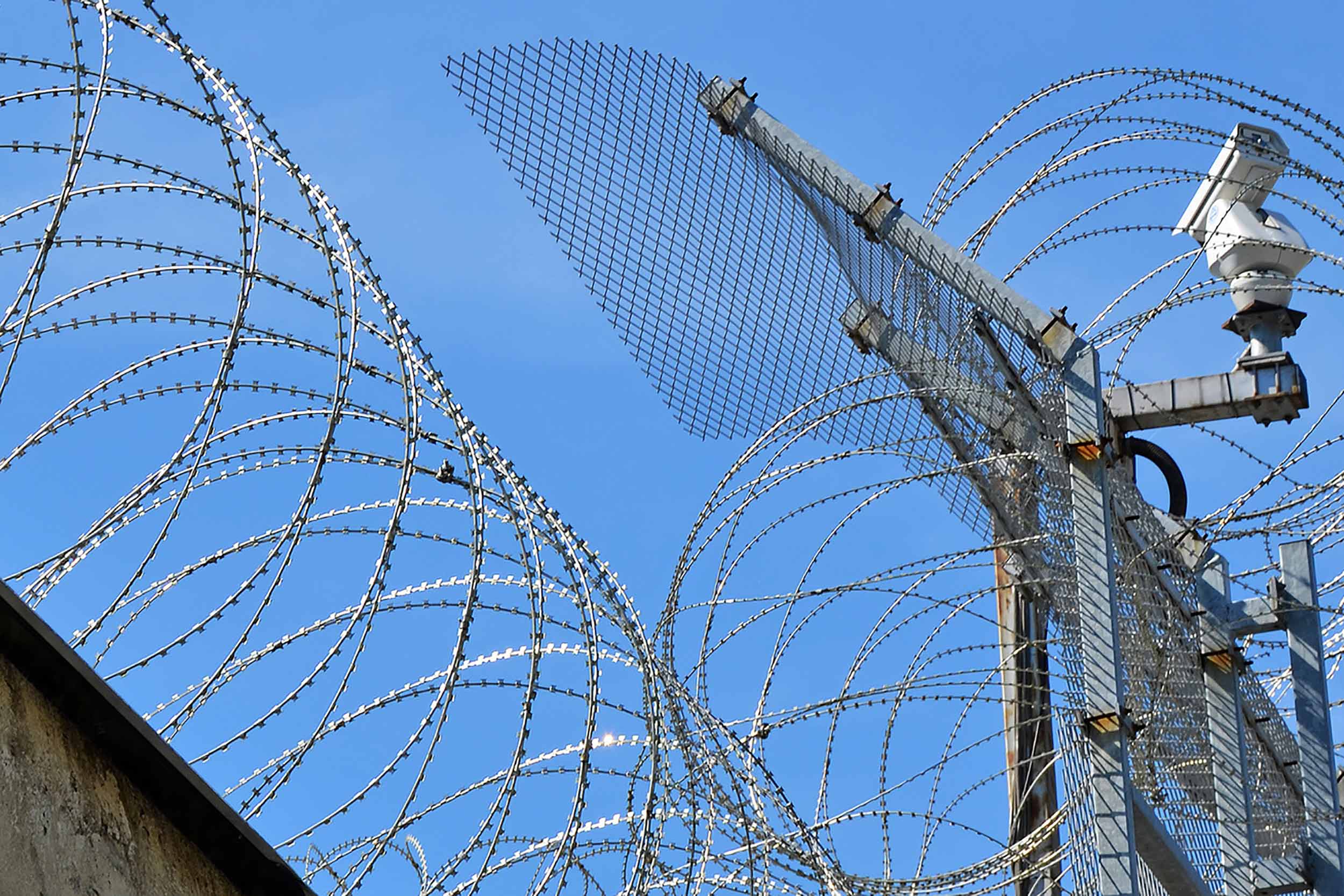« Le ‘Centre pénitentiaire Uerschterhaff’ (« CPU ») a été inauguré le 30 novembre 2022. Depuis son ouverture, les nouveaux détenus préventifs y sont placés. En outre, un transfert des détenus préventifs du ‘Centre pénitentiaire de Luxembourg’ (« CPL ») vers le CPU est effectué par étapes.
Lors d’une interview dans le contexte de l’inauguration du CPU, le directeur de la prison avait confirmé que les détenus de l’Uerschterhaff n’ont pas la possibilité de travailler. Contrairement aux détenus condamnés du CPL, les prévenus du CPU se retrouveraient face à « une grosse inconnue » concernant leur potentielle condamnation et donc la durée de leur séjour en prison. Nonobstant, le directeur a également avoué qu’une détention provisoire peut durer entre quelques jours et plusieurs années. Parallèlement, plusieurs associations luxembourgeoises critiquent un isolement accru des prisonniers qui participerait, selon leur argumentaire, au cercle vicieux dont seraient victimes les détenus, et qui les pousserait systématiquement à la récidive.
En France, la réforme du travail pénitentiaire a instauré le Contrat d’emploi pénitentiaire (« CPE »). Selon la justice française, le travail en détention dans des conditions adaptées favorise une réinsertion professionnelle et, par conséquent, aide à prévenir la récidive.
Dans ce contexte, j’aimerais poser les questions suivantes à Madame la Ministre de la Justice :
- Sachant que la nouvelle prison s’inscrit dans la réforme pénitentiaire mettant l’accent sur le détenu et sa réinsertion sociale, quels critères justifient une inégalité de traitement entre les détenus préventifs du CPU et les détenus condamnés du CPL?
- Est-ce que Madame la Ministre envisage une adaptation du travail pénitencier au CPU ?
Dans la négative, quels sont les arguments qui s’y opposent ? »






